.
In March, we still have night frosts (and even some day frosts) but that doesn’t mean that there is nothing to do in the garden. Quite the opposite! It’s time to awaken our gardens and even sow and plant our first vegetables! There are several essential garden tasks that we should do in March and if you want to learn what they are, you’re in the right place here!
#1 Fill up raised beds
Raised beds are not only filled with soil but layered with different organic materials like twigs, leaves and plant stems underneath. When that material decomposes, it is reduced in volume which makes it sink down.
Now that your raised beds are empty, it’s a good time to fill them up with humus and compost. Fill more than the surface level, ideally forming a little mound as the soil will sink again during the next weeks.
#2 Create new beds
If you want to enlarge your garden space, now is a good time to create new beds. As you may know, I love this method of putting in new patches as it doesn’t require digging or other heavy work, is very quickly done and wonderfully effective.
#3 Sprout potatoes
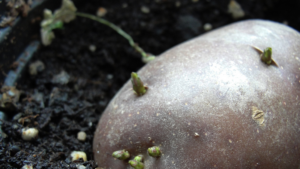
It’s still too early to plant potatoes, but you can give them a headstart by sprouting them. Lay them out flatly on a surface where they get lots of light. I usually put the potatoes into egg cartons that I place on the window sill. After some time, they grow little green sprouts.
#4 Airing cold frames and greenhouses
With more sun hours, temperatures rise quickly in cold frames and greenhouses. Increased temperatures lead to increased condensation which can make our plants rot. Air your cold frames and greenhouse regularly to let the moisture get out.
Are you still dreaming of a greenhouse? Here is a complete guide on how to build one yourself without breaking the bank.
#5 Remove fir branches
If you have protected plants with fir branches against the cold, it’s now time to remove them. While they were great in winter, we now need lighter materials for coverage, like straw or a winter protection vlies that let the light through. Fir branches at this stage of the season are too dense and can even impair growing.
#6 Remove mulch
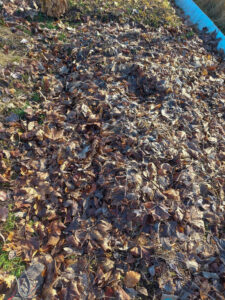
Mulch is not only a good protection against weeds but it’s also a good insulator. On the down side, that means that it keeps the cold in the soil for longer than we want to. For that reason, it’s an important garden task in March to remove the mulch from our beds by raking it to the edges. That way, the soil can warm up quicker.
#7 Weeding
Even though we’ve covered the beds with mulch, there will still be some weeds. When we remove the mulch it’s best to pull out the weeds that have grown underneath. Thankfully, they’ll come off easily.
Additionally, when the soil is now bare and warms up, weeds will also start to grow. Pull them out soon before they get too large.
#8 Strawberries
You can plant new strawberries now and protect them with a vlies. If you have strawberries in your garden already, remove all wilted leaves now. They may be infected with diseases and by removing them you can prevent those from spreading.
#9 Rhubarb
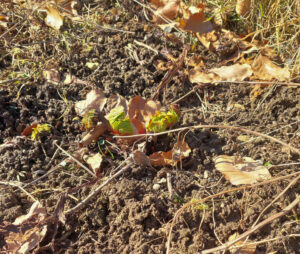
Another garden task you can do in March is to put a bucket over your rhubarb to help it grow faster. The principle is that the early spring sun warms up the air and the soil underneath the bucket which makes the rhubarb sprout faster. The lack of light doesn’t hamper that but makes sure that the stalks become especially tender. With this method, rhubarb can be harvested already about 4 – 6 weeks after covering.
#10 Seed-starting indoors
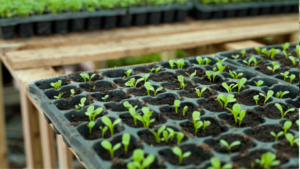
There’s quite a list of vegetables you can seed-start indoors in March. To get the full overview of what plants you can sow now, go to this blog post.
At the same time, check the seedlings that you’ve started earlier in the year daily. Make sure the plants have enough water and are aired regularly so that excessive condense moisture will not cause rotting.
#11 Sowing / planting outdoors
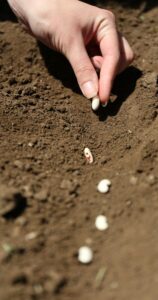
Admittedly, there are not many plants you can sow outdoors in March, but still, there are some. Here is an overview of vegetables that can be sowed and planted outdoors now:
Sweet peas
Broad beans
Spinach
Lettuce
Early carrots
Transplanted vegetables not only need protection against the cold but also against pests like snails and slugs who are very hungry now. A slug fence or collar is a good physical barrier against our slimy fellow lodgers and hopefully will keep them at bay.
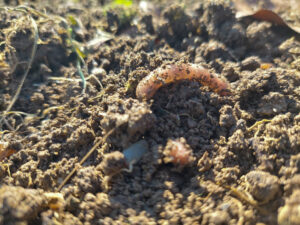
Be grateful for every little helper 😊.
The last months we were reduced to dreaming up our vegetable gardens. Now is the time to take action! And although it may still be cold outside, we can already prepare the soil and plant some early vegetables. Grab your gardening gloves, hop outside and get gardening!

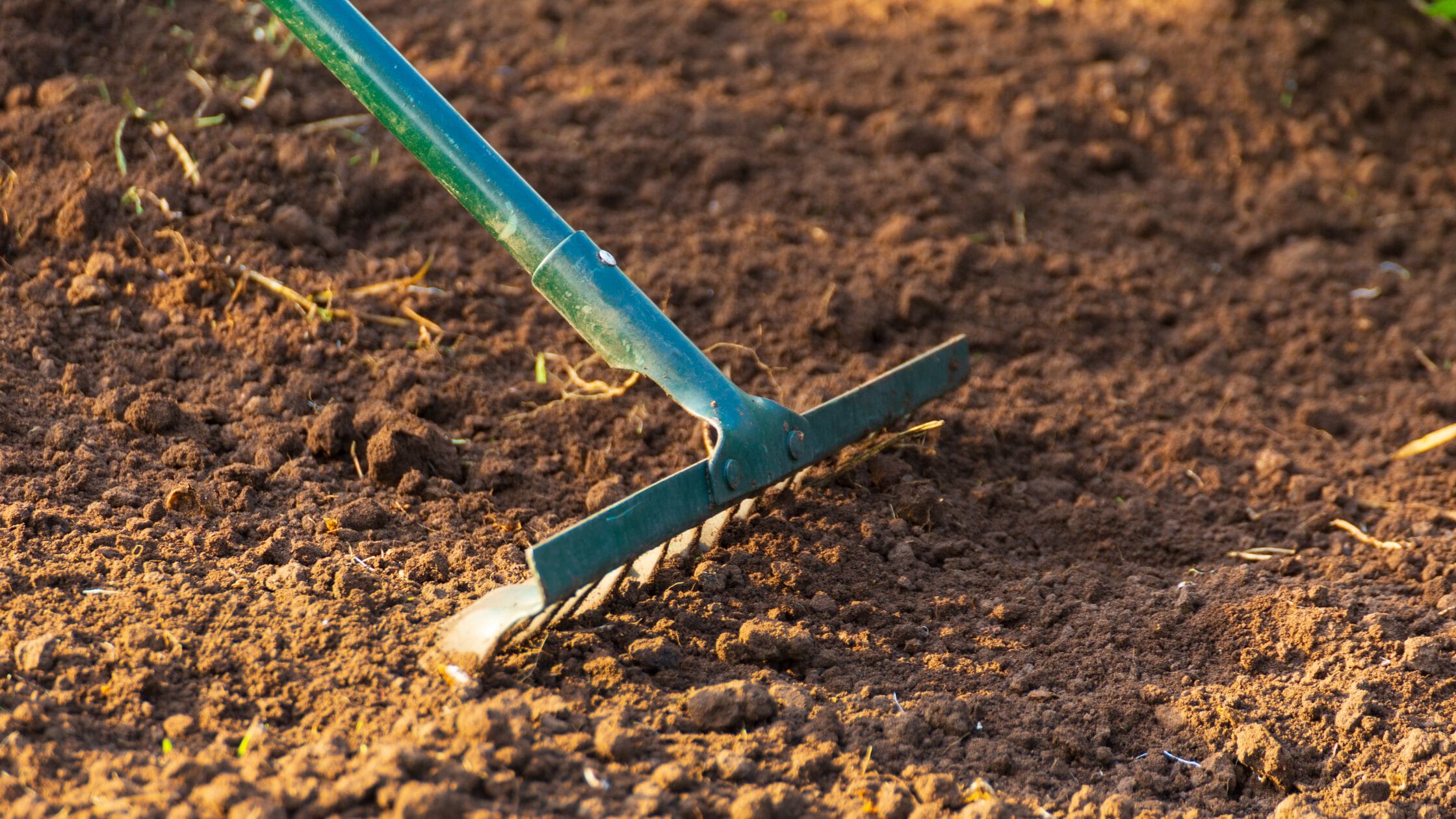
0 Comments